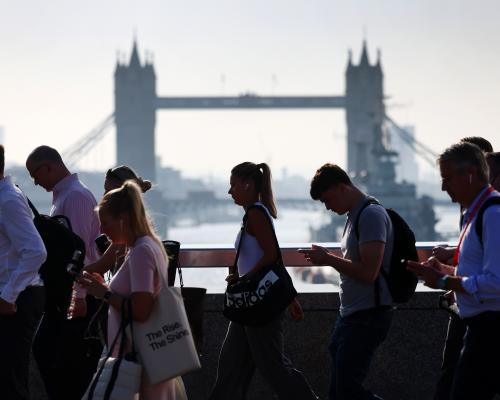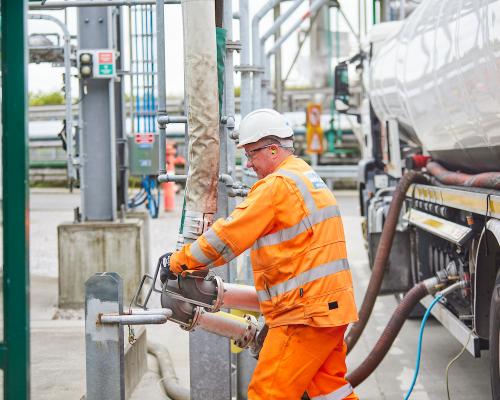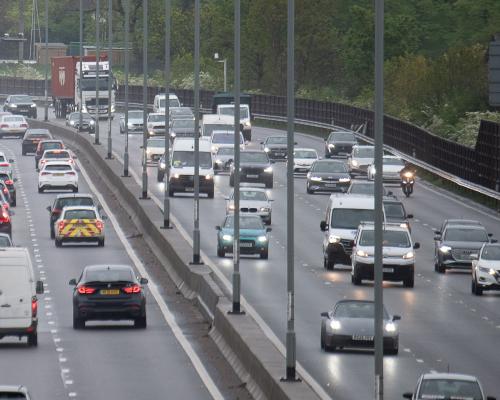
The UK economy grew at a faster rate than expected in the second quarter, official figures show, despite a slowdown from a strong start to the year amid pressure from tax increases and Donald Trump’s global trade war.
Figures from the Office for National Statistics showed growth in gross domestic product (GDP) slowed to 0.3% in the three months to the end of June, down from a rate of 0.7% in the first quarter.
Although beating City forecasts of a slowdown to 0.1% growth, the latest snapshot underscores the challenge for the chancellor, Rachel Reeves, as she considers options for boosting the economy and raising revenues at her autumn budget.
Liz McKeown, the ONS director of economic statistics, said: “Growth slowed in the second quarter after a strong start to the year. The economy was weak across April and May, with some activity having been brought forward to February and March ahead of stamp duty and tariff changes, but then recovered strongly in June.
“Across the second quarter as a whole growth was led by services, with computer programming, health and vehicle leasing growing.
“Construction also increased while production fell back slightly. Growth for the quarter was also boosted by updated source data for April, which while still showing a contraction, was better than initially estimated.”
The figures were released as monthly figures showed the economy returned to growth in June, expanding by 0.4%, surpassing predictions for 0.1% growth in a recovery from two months of negative output in April and May.
Ben Jones, the lead economist at the CBI, said: “A modest rebound in June brought Q2 to a positive close – but today’s figures confirm that the strong growth seen earlier this year was a one-off and underlying conditions remain fragile.”
Reeves said: “Today’s economic figures are positive with a strong start to the year and continued growth in the second quarter. But there is more to do to deliver an economy that works for working people.
“I know that the British economy has the key ingredients for success but has felt stuck for too long.
“That is why we’re investing to rebuild our national infrastructure, cutting back on red tape to get Britain building again and boosting the national minimum wage to make work pay. There’s more to do and today’s figures only fuel my ambition to deliver on our Plan for Change.”
Mel Stride, the shadow chancellor, said: “Any economic growth is welcome, but with business leaders saying that all indicators are flashing red, and key economists are warning that Rachel Reeves has created a £50bn black hole in the public finances, Rachel Reeves’ economic vandalism is clear.”
Reeves has pledged to use her autumn budget to prioritise fixing Britain’s dismal productivity track record, using an exclusive article in the Guardian on Wednesday to downplay speculation over tax rises.
While the stronger-than-expected growth performance in the second quarter will hand some relief to the chancellor, economists said it could complicate the Bank of England’s path to cutting interest rates.
Threadneedle Street had forecast a slowdown to 0.1% in the second quarter. Last week it warned that continued growth and rising inflationary pressures driven by the surging price of food could force it to delay further cuts to borrowing costs.







